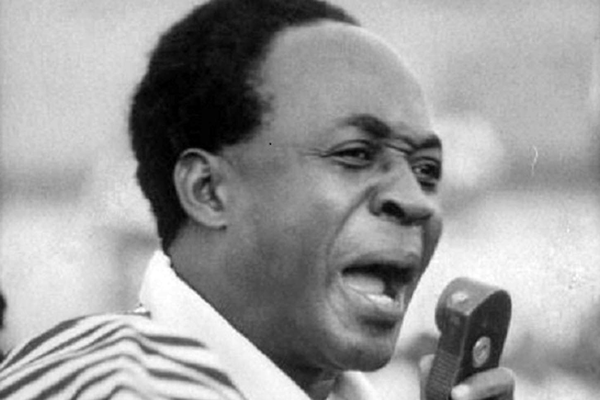
As Africa celebrates the day the continent came together in 1963, May 25, and established the Organisation of African Unity (OAU), it is imperative to visit some of the founding principles that gave birth to the union of this revered continent.
Tinotenda Munyukwi

Through the relentless efforts of the former Ghanaian President Kwame Nkrumah and the visionary Ethiopian leader, Emperor Haile Selassie, in 1958, the former inspired some independent African states to convene in Accra, Ghana, with the aim of showcasing progress on the liberation movements which were springing-up all over the continent and to further motivate the determination of the African people in freeing themselves from domination and exploitation.
The meeting in 1958 inspired another one on May 25 1963. This time attended by 30 African states and hosted by Emperor Haile Selassie in Addis Ababa, Ethiopia.
At the time, two thirds of the continent had attained independence and now efforts were mainly directed towards advocating for the independence of Angola, Mozambique, South Africa and Southern Rhodesia.
At this Indaba, a big body made up of African states, the OAU was born, and it was chaired by Emperor Haile Selassie who spiritedly vowed to steer the conference to fruition in all its main objectives.
“This conference cannot close without adopting a single charter. We cannot leave here without having created a single African organisation possessed of the attributes we have described. If we fail in this, we will have shirked our responsibility to Africa and to the people we lead. If we succeed, then and only then, will we have justified our presence here,” he declared.
The day was declared Africa Liberation Day, but later to be renamed Africa Day together with the OAU that was renamed the African Union (AU) in 2002.
- Chamisa under fire over US$120K donation
- Mavhunga puts DeMbare into Chibuku quarterfinals
- Pension funds bet on Cabora Bassa oilfields
- Councils defy govt fire tender directive
Keep Reading
A charter was signed by all the attendees on May 26 and it pledged to support the commendable work of various liberation movements, which were at the time trying to remove the yoke of colonialism in countries that were still under oppression from European colonial masters.
Bringing May 25 home, it is important to recognise how it provoked the hunger for emancipation within liberation movements that were fighting for Zimbabwe’s freedom.
These were mainly The Zimbabwe African National Union ( Zanu) and its military wing Zanla headed by Reverend Ndabaningi Sithole, and the Zimbabwe African People’s Union (Zapu) and its military wing Zipra under the trade unionist, Joshua Nkomo’s leadership.
Africa Day continues to be celebrated not only in Africa but all over the world, with the AU being central to these commemorations.
African countries have continuously recognised the contribution of Africa’s founding fathers in conscientising the people on how to tackle the various social, political and economic challenges bedevilling the continent.










